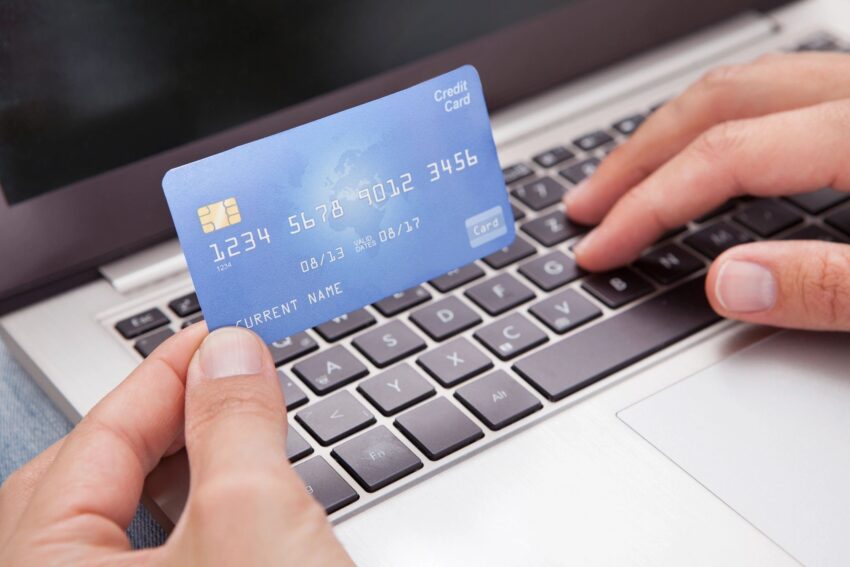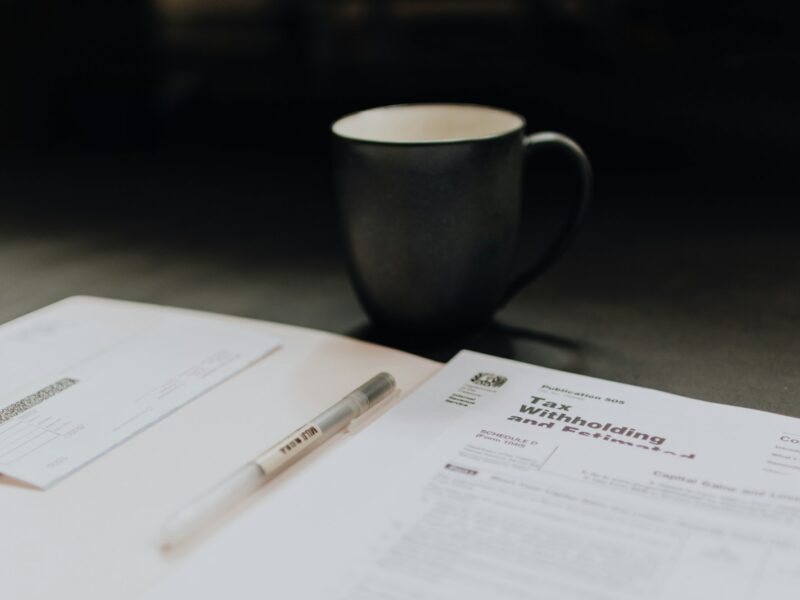Every credit card comes with a limit. That limit could be $5,000, $10,000, $20,000, or more. Whatever your limit is, you should try your best not to reach it. Instead, you should try to keep your balance as low as possible.
Why? These are three reasons why you should maintain a low credit balance.
1. Easy Debt Management:
The lower your credit balance is, the easier it will be to pay down. If it’s low enough, you could pay down the balance in its entirety with a single paycheck.
On the other hand, a higher balance is harder to pay down in a single lump sum. Your balance will carryover into the next billing cycle and accrue interest in the meantime. With interest and additional transactions, your balance will keep creeping higher and higher, reaching closer to the limit.
If you’re not careful, you could max out your card and leave yourself with no available credit to use. A maxed-out card will take a considerable amount of time and effort to pay down, especially if you’re living from paycheck to paycheck.
A mountain of debt isn’t the only problem that comes with maxing out a credit card. Your credit card company could increase your card’s interest rate as a penalty. Your minimum payment will increase, and your credit score will drop, which will make it harder to apply for loans in the future.
2. Handling Emergency Expenses:
Your credit card is an excellent safety net for emergency situations. If you don’t have enough savings to cover an emergency expense right away, you can charge the expense to your credit card. That way, you can resolve the urgent problem quickly and pay down your card’s balance later.
This plan will only work when you have plenty of available credit on your card. If your card has a steep balance on it already, you shouldn’t put an additional expense on it. At a certain point, you might not be able to put an additional expense onto it without reaching your limit.
What if you’re not comfortable using your credit card? If you’re worried about pushing your card’s balance too close to its limits, you could try to apply for an online loan.
Look for a loan specifically available in your state of residence — not every online loan will be accessible to your location. So, if you live in Phoenix, you’ll want to specifically search for online loans in Arizona to cover your emergency expense. That way, you’ll be sure that you can apply in Arizona.
3. Improving Your Credit Score:
Your credit score should be another motivator for maintaining a low credit balance. Your credit score is measured by several factors: payment history, credit history, credit mix, new credit and credit utilization (the amount that you owe versus how much credit you have). Credit utilization is often the largest factor that impacts your score.
A low credit utilization typically leads to a stronger credit score. Why? Because it indicates that you do not make a habit of borrowing more than you can repay in a timely manner. You’re a low-risk borrower.
How low should your credit utilization be? Ideally, you should strive to have a credit utilization ratio of 30% or lower. So, try to keep your credit card’s balance below the halfway mark. Follow suit with other credit accounts, like a personal line of credit.
Think twice before you rack up a balance on your credit card. Keep it as low as you can.



